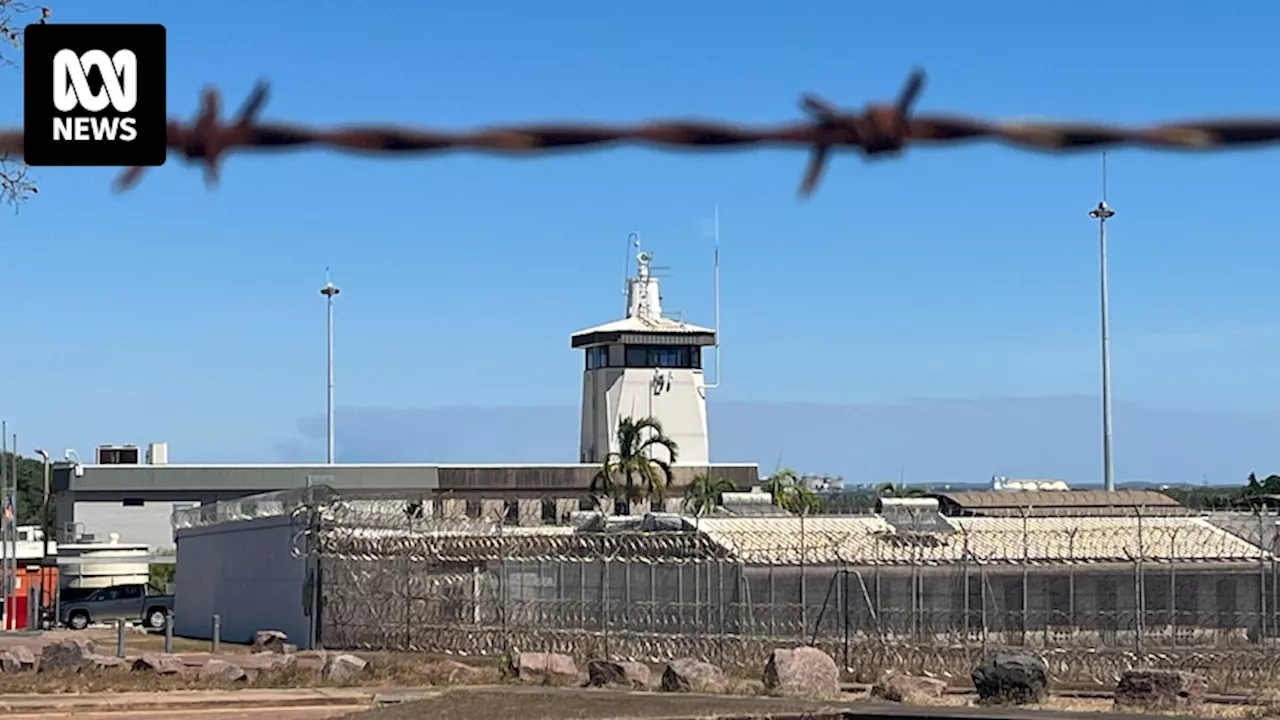Secret recordings made by a youth justice officer at the Don Dale Youth Detention Centre were deemed inadmissible in a murder trial due to a breach of surveillance laws. The recordings, which captured conversations between teenagers, were considered a 'significant intrusion into the accused's rights' by the judge.
A youth justice officer secretly recorded conversations between teenagers held at the Don Dale Youth Detention Centre, according to the NT Supreme Court. A series of secret recordings of a detainee at the Don Dale Youth Detention Centre were excluded as evidence in a high-profile murder trial after a judge ruled them a 'significant intrusion into the accused's rights'.
The 17-year-old subject of the recordings was found guilty last year, alongside three others, of murdering an 18-year-old man in Palmerston in 2022.Secret recordings of a conversation between teenagers imprisoned at the Northern Territory's Don Dale Youth Detention Centre, made by a youth justice officer, have been described by a judge as a 'reckless' breach of surveillance laws. The target of the recordings was a 17-year-old boy, who cannot be named for legal reasons, who was remanded in the youth prison while awaiting trial for murder. In pre-trial hearings late last year, NT prosecutors submitted eight of the 21 recordings made by the youth justice officer as evidence, but they were ultimately dismissed by the court and not heard during the trial. The teenager, along with his accomplices Madison Butler, her mother Melissa Clancy, and Dechlan Wurramarra, were found guilty by a jury of Mr Alley's murder last year. The teenager received a reduced sentence under the Youth Justice Act of 14 years in prison with a seven-year non-parole period, due to what NT Supreme Court Justice Peter Barr said were his 'probable cognitive and behavioural impairments'. The NT Supreme Court heard that while on remand at Don Dale in October 2022, the then-17-year-old murder suspect made a series of statements to two other detainees through their cell doors. According to transcripts of the recordings tendered by prosecutors, the teenager discussed the events leading up to Mr Alley's murder, including his own involvement, the motive for the killing, and his identification of Dechlan Wurramarra as having stabbed Mr Alley. Capturing what the judge described as a 'lengthy monologue' from the teenager, the court heard the recordings were triggered by the officer's activation of the cell block's intercom system because they believed the youth to be at risk of a medical episode. But Justice Barr found that after determining there was no emergency and knowing the discussion related to criminal proceedings, the officer had still continued the recording. The court heard that after the first recording, 20 more recordings were made of the youth, each of them separately activated via the intercom system. The youth justice officer made 21 recordings of the 17-year-old's conversations while he was in custody at Don Dale. Justice Barr said at no point was the teenager made aware that his conversations were being recorded. 'The situation was not one where the circumstances were so serious, and the matter of such urgency, that the listening device was being used in the public interest,' he said. He said if charged, prosecuted, and proven, the officer who made the recordings could face up to two years in prison for breaching the Surveillance Devices Act. In a statement to the ABC, the NT Director of Public Prosecutions said the investigation of the incident and whether to lay any charges was a matter for the NT Police Force. Justice Barr also told the court that after receiving the recordings, police made no inquiries as to whether the 'very incriminating' evidence had been lawfully obtained. While he found there had been no 'egregious' misconduct by police in their handling of the recordings, he levelled criticism at their failure to make further inquiries. Justice Peter Barr says it would be a 'serious injustice' if the covert recordings made by the youth justice officer were admitted into evidence. He said the process of obtaining a warrant to monitor the cell block would have been straightforward, even if it was impossible to know whether a legal recording would have yielded similar results. Under territory evidence laws, courts may allow the hearing of evidence that is unlawfully obtained if its significance outweighs any impropriety in its collection. Justice Barr said even though the covert recordings of the teenager's private conversation were highly valuable to the prosecution's case, it would be a 'serious injustice' if they were admitted into evidence
Surveillance Youth Justice Don Dale Detention Centre Murder Trial Evidence Legal Ethics
Australia Latest News, Australia Headlines
Similar News:You can also read news stories similar to this one that we have collected from other news sources.
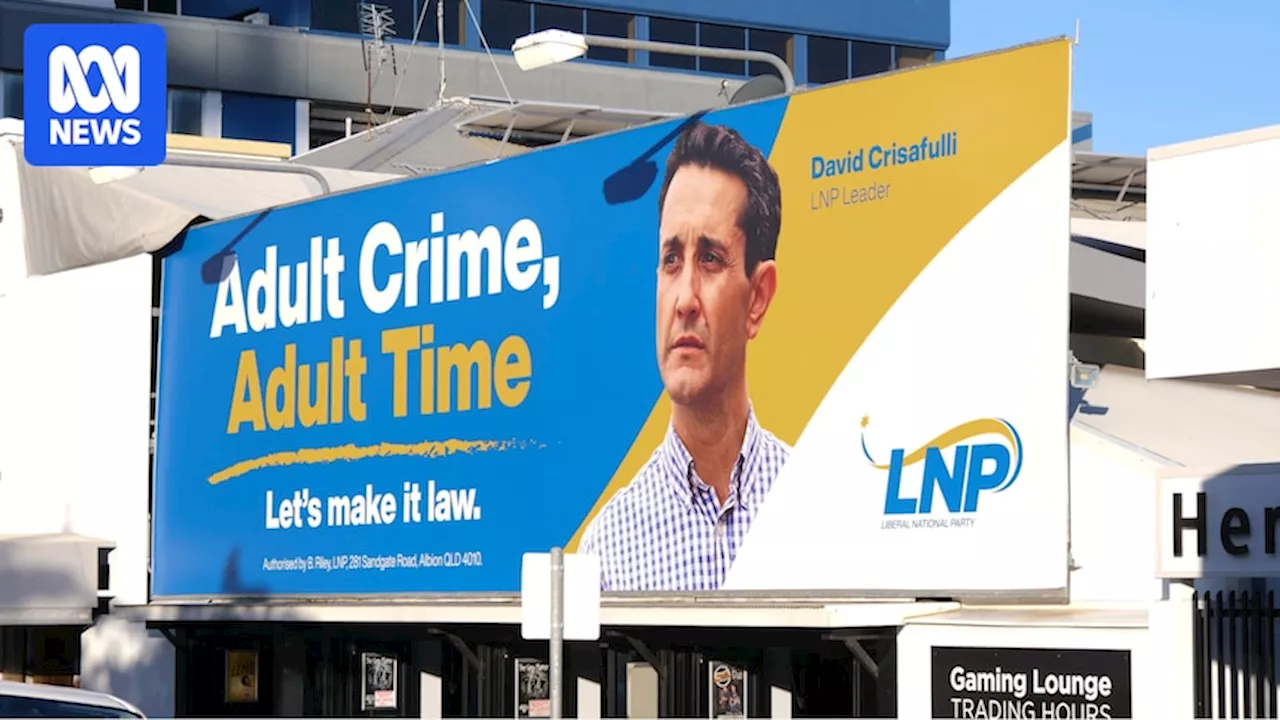 Queensland Faces Calls for Further Youth Justice Law Reforms After Random StabbingFollowing a stabbing incident in Yamanto, Queensland, Premier David Crisafulli has pledged further changes to youth justice laws. The incident, involving a 13-year-old charged with attempted murder, sparked debate about the scope of existing laws and the need for more comprehensive measures to address youth crime.
Queensland Faces Calls for Further Youth Justice Law Reforms After Random StabbingFollowing a stabbing incident in Yamanto, Queensland, Premier David Crisafulli has pledged further changes to youth justice laws. The incident, involving a 13-year-old charged with attempted murder, sparked debate about the scope of existing laws and the need for more comprehensive measures to address youth crime.
Read more »
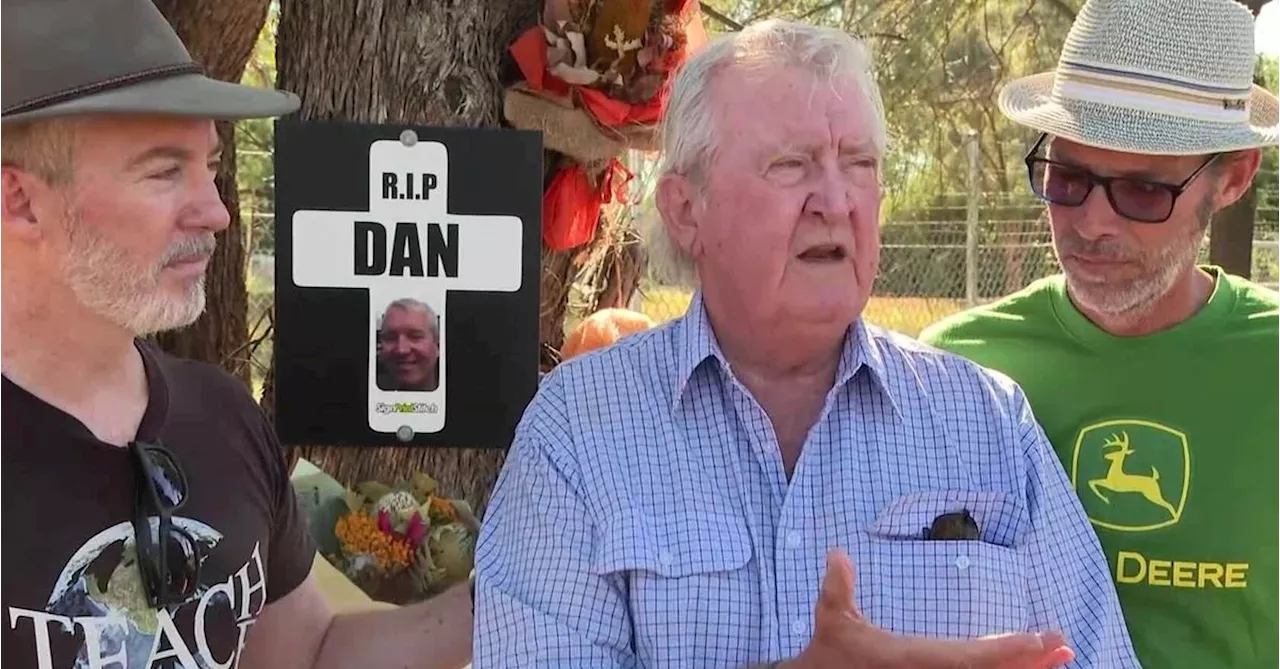 Family of 'innocent, beautiful' man killed in Gunnedah crash call for youth justice overhaulThe 52-year-old was allegedly hit and killed by a stolen ute that was allegedly driven by three 14-year-old boys from Moree.
Family of 'innocent, beautiful' man killed in Gunnedah crash call for youth justice overhaulThe 52-year-old was allegedly hit and killed by a stolen ute that was allegedly driven by three 14-year-old boys from Moree.
Read more »
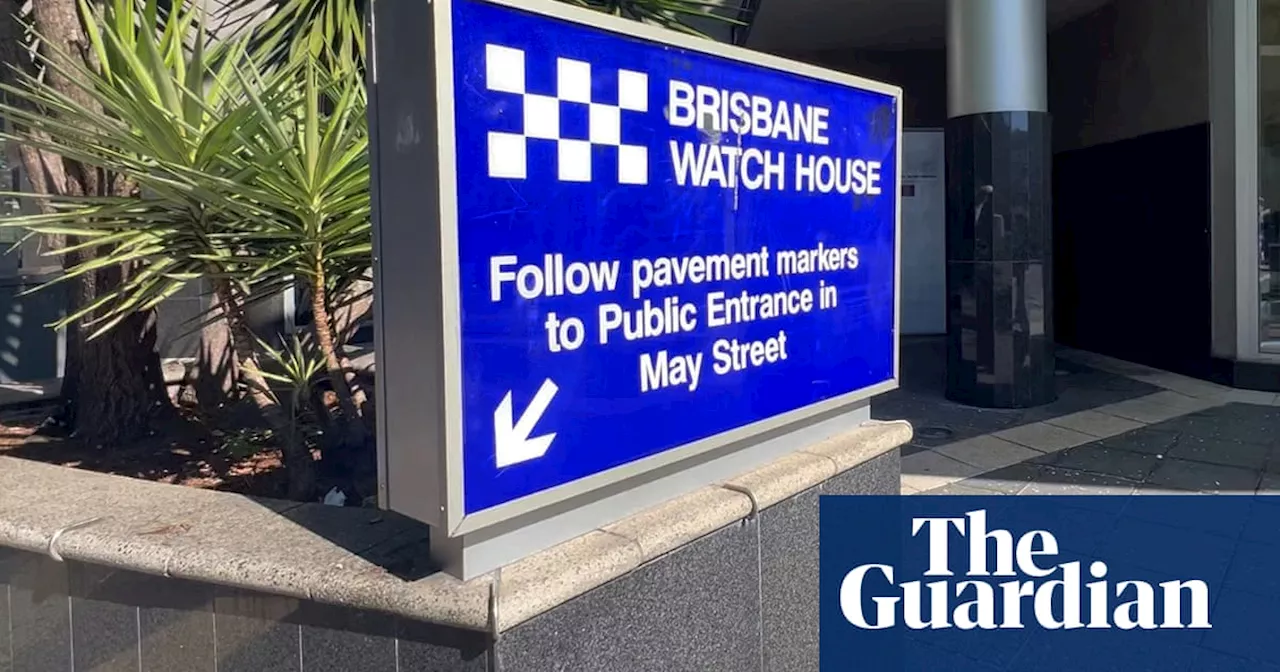 Number of children under 14 in adult watch houses in Queensland rises 50% in 12 months‘It just makes me want to cry, seeing the increase in damning statistics’, youth advocate says
Number of children under 14 in adult watch houses in Queensland rises 50% in 12 months‘It just makes me want to cry, seeing the increase in damning statistics’, youth advocate says
Read more »
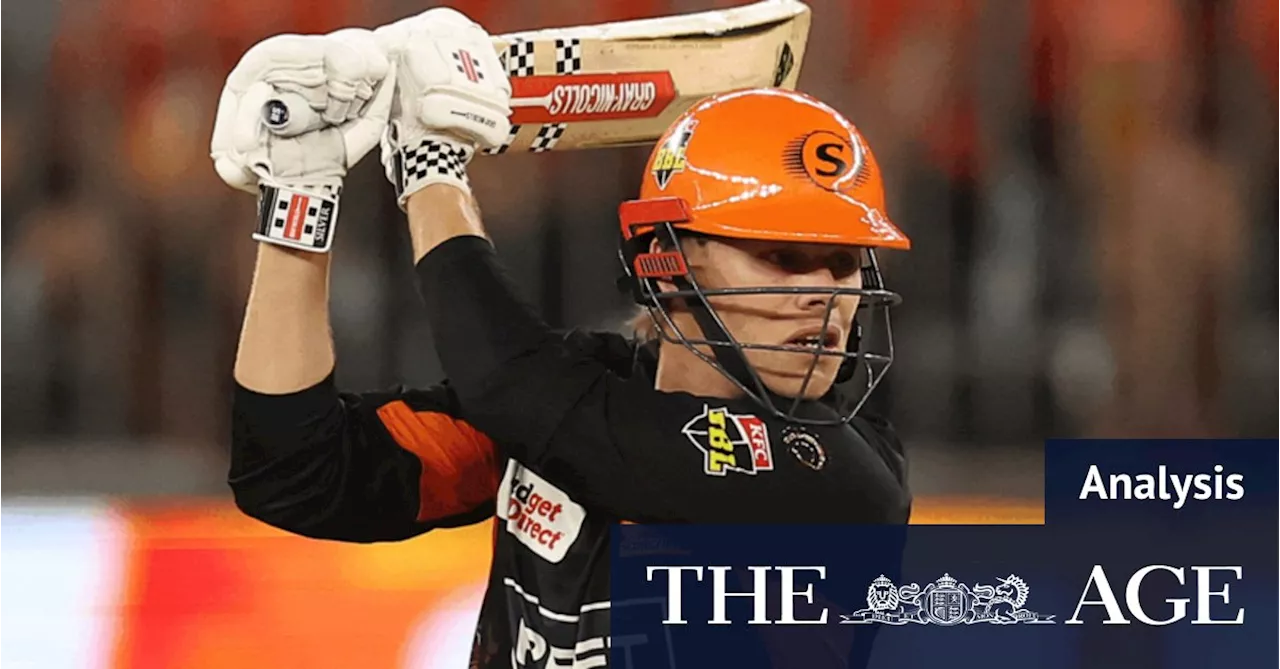 Australia Embraces Youth in Spin-Friendly Sri Lanka TourAustralia's cricket team is heading to Sri Lanka with a focus on developing young talent in subcontinent conditions. This experimental approach, made possible by securing a World Test Championship final berth, sees the inclusion of promising players like Sam Konstas and Cooper Connolly. The tour provides valuable experience for these players ahead of a crucial five-Test series in India in 2027.
Australia Embraces Youth in Spin-Friendly Sri Lanka TourAustralia's cricket team is heading to Sri Lanka with a focus on developing young talent in subcontinent conditions. This experimental approach, made possible by securing a World Test Championship final berth, sees the inclusion of promising players like Sam Konstas and Cooper Connolly. The tour provides valuable experience for these players ahead of a crucial five-Test series in India in 2027.
Read more »
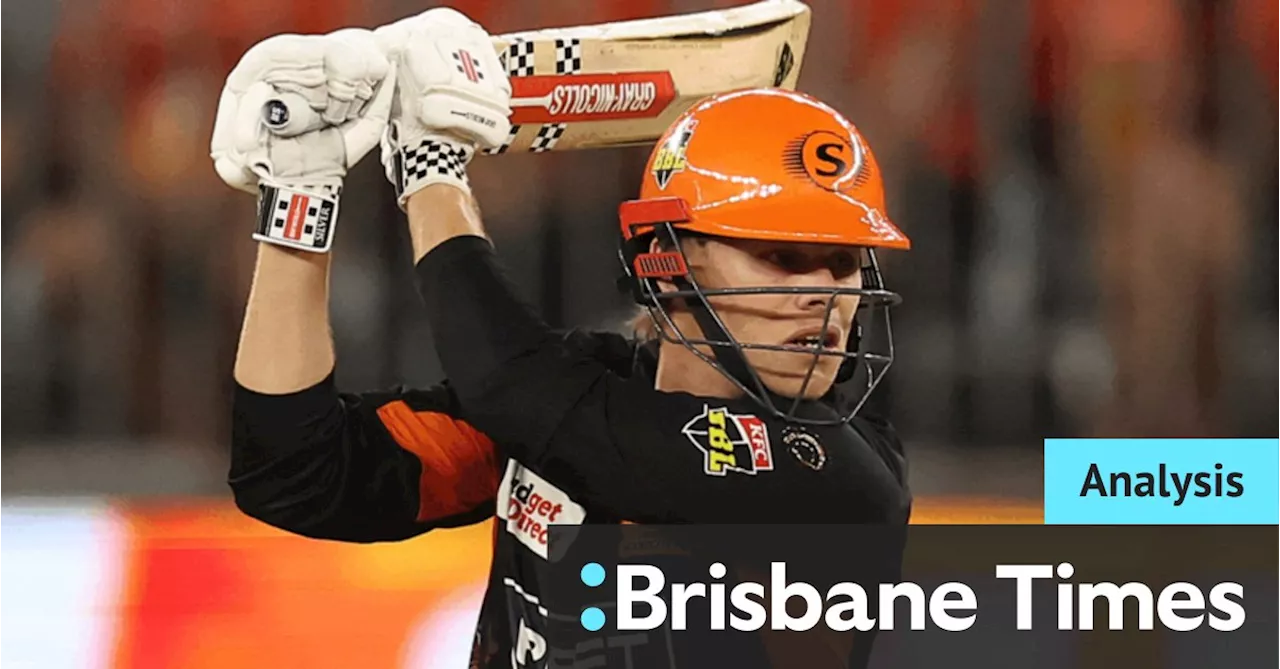 Australia's Spin Focus: Youth Development Takes Center Stage in Sri LankaAustralia's tour of Sri Lanka prioritizes youth development, with a focus on providing subcontinental experience to young players. The team features promising talents like Sam Konstas and Cooper Connolly, while veterans like Usman Khawaja and Steve Smith offer guidance. This approach, enabled by a World Test Championship final berth, allows Australia to experiment in conditions crucial for future success against India.
Australia's Spin Focus: Youth Development Takes Center Stage in Sri LankaAustralia's tour of Sri Lanka prioritizes youth development, with a focus on providing subcontinental experience to young players. The team features promising talents like Sam Konstas and Cooper Connolly, while veterans like Usman Khawaja and Steve Smith offer guidance. This approach, enabled by a World Test Championship final berth, allows Australia to experiment in conditions crucial for future success against India.
Read more »
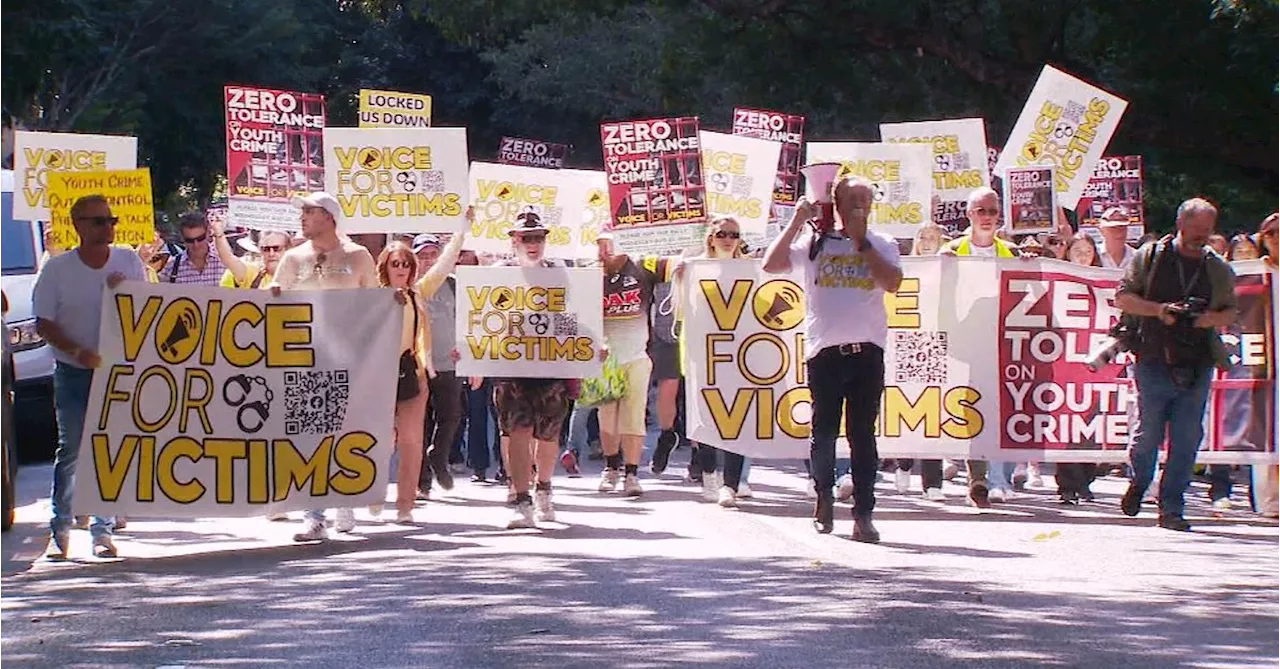 Queensland Unveils Largest Ever Rapid Response Unit to Combat Youth and Adult CrimeQueensland Police are launching a new rapid response unit, the largest in the state's history, to tackle rising youth and adult crime rates. The 58-officer squad will be strategically deployed to high-risk areas, providing a swift response to crime hotspots in real time.
Queensland Unveils Largest Ever Rapid Response Unit to Combat Youth and Adult CrimeQueensland Police are launching a new rapid response unit, the largest in the state's history, to tackle rising youth and adult crime rates. The 58-officer squad will be strategically deployed to high-risk areas, providing a swift response to crime hotspots in real time.
Read more »
